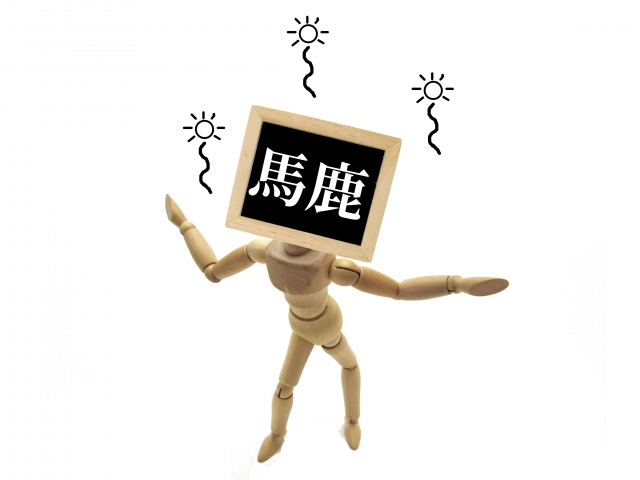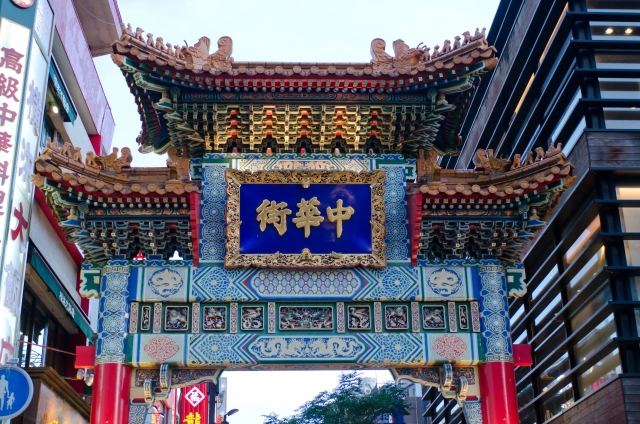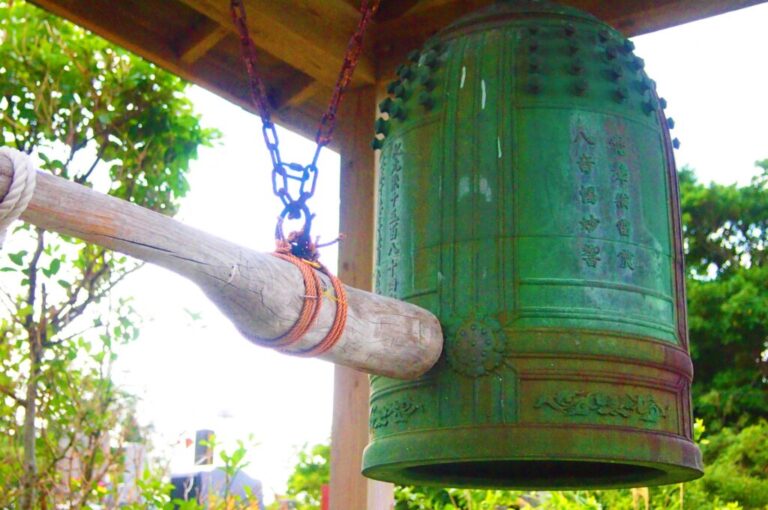There are a number of words commonly used in Japan that have very similar meanings.
Among them, one that is difficult for foreigners to understand is the difference between “baka” and “aho.
Also, these two words can have completely different meanings depending on how they are used.
If you do not master the meaning and usage of these words properly, it can lead to misunderstandings. Also Baka meaning in English is the same as Japanese.
Incidentally, in Native American culture, the phrases “Mitakuye Oyasin” and “Aho” embody meanings of interconnectedness with all life and expressions of understanding and respect.
In this article, we would like to explain the meaning and correct usage of “baka” and “aho” as well as “other words with similar meanings.
If you are looking for face-to-face or online Japanese lessons with the best Japanese tutors, please check here.
Contents
Baka meaning in Japanese
First, let me explain the Baka meaning.
Baka” is a word used to describe a person of inferior intelligence.
For example, “XXX is an idiot to make a mistake in such a simple task.
例えば、「こんな簡単な作業を間違えるなんて、○○はバカだ」というようなことです。
Basically, “Baka” refers to the stupidity of others, but it can also be used to refer to oneself.
Example I am an Baka to make a mistake in such a simple task.
例:こんな簡単な作業をミスしてしまって自分はなんてバカ(Baka)なんだ
Baka is also used for trivial things.
Example: “Don’t do stupid things like that.”
例:「そんなバカな真似はよしなさい」
Thus, the same word “baka” can have multiple meanings.
It can be used to describe something that is too honest, as in “ばか正直:stupid honesty,” or it can be used to mean “I can’t open the door because it become Baka,” as in “the door is broken.”
Because it is so versatile, it is a word that is not easily understood by foreigners.

Aho meaning in japanese
The word “idiot” is used almost interchangeably with the word “moron.”
A stupid manner or person is said as “Aho na koto : stupid thing” or “Aho na hito : stupid person,”.
We also use “Tusumaranai koto : trivial things” as in “Aho na mane suruna yo : don’t do stupid things” or “Aho na koto site simatta : don’t imitate stupid things,” or we use it for ourselves as in “I’ve done something stupid.
Difference between “Aho meaning” and “Baka meaning”
Both mean the same thing, so basically it does not matter which one you use.
These two words tend to be used differently in different regions.
“Baka” is a word used throughout Japan, especially in the Kanto region, while “aho” is a word often used mainly in the Kansai region.
“Aho” goes well with the Kansai dialect.
- 「アホちゃうか?」Aho chauka?
“You’re an idiot, aren’t you?
- 「ほんまアホやなー」Homma Aho yana
(Really, you are an idiot.)
Thus, “aho” is a word that fits very well with the Kansai dialect.
However, about 30 years ago, comedians from Osaka (Downtown and other comedians from Yoshimoto Kogyo) began appearing on Tokyo TV programs at a tremendous rate, and as a result, “aho” has become common in the Kanto region in recent years.
Today, there is no particular value that says one must use the other, and people use whichever they prefer.
Both have different meanings depending on the strength of the word.
Both “bakayaro” and “ahoyaro” are basically offensive words that abuse, but the meaning can be changed by changing the strength of the words.
For example, “Baka! Aho!” if directed at a person in a loud voice, would be words that are 100% hurtful to the person.
However, “Baka!” or “Aho! in a softer tone of voice, you are pointing out a good point in a favorable way.
Furthermore, by using “Moo Baka” or “Moo Aho!” with a “cute, mischievous expression,” it can be taken as a way of hiding embarrassment.
In Japan, the culture of “Owarai : comedy” is pervasive, and in contrast to “bokeh,” in which people intentionally say funny or silly things, it is standard practice to do “tsukkomi,” in which people point out something to the other person as a method of comedy.
When making this “tuskkomi,” it is common to use the words “Baka : Idiot” or “Aho : Stupid”. Using these words in a situation where one is not really angry is considered “tuskkomi” and is not so offensive to the other party.

There are other words similar to “baka” and “aho”.
Although “Baka” and “Aho” are commonly used in everyday life, there are other words that have similar meanings.
- 「のろま」Noroma
- 「たわけ」Tawake
- 「とんま」Tonma
- 「まぬけ」Manuke
- 「あほか」Aho ka
These words are no longer used by young people, but Japanese people in their 50s and older still use them, and they have the same meaning as “baka” and “aho.
While “baka” and “aho” can be used in a softer atmosphere, these words have a completely condescending connotation, so it is probably best not to use them too apostrophically.
Conclusion
In this article, we explained the Baka meaning and Aho meaning as well as other words with similar meanings.
Both “Baka” and “Aho” are words that basically express the stupidity of others, but they can also be used to describe oneself or to express that one is “boring” or “broken.
Since the meaning changes depending on the intensity of the word, it can be very difficult to get used to it.
As you study by listening carefully to your friends’ conversations and TV programs, you should be able to grasp the nuances of the language.
Related article:









